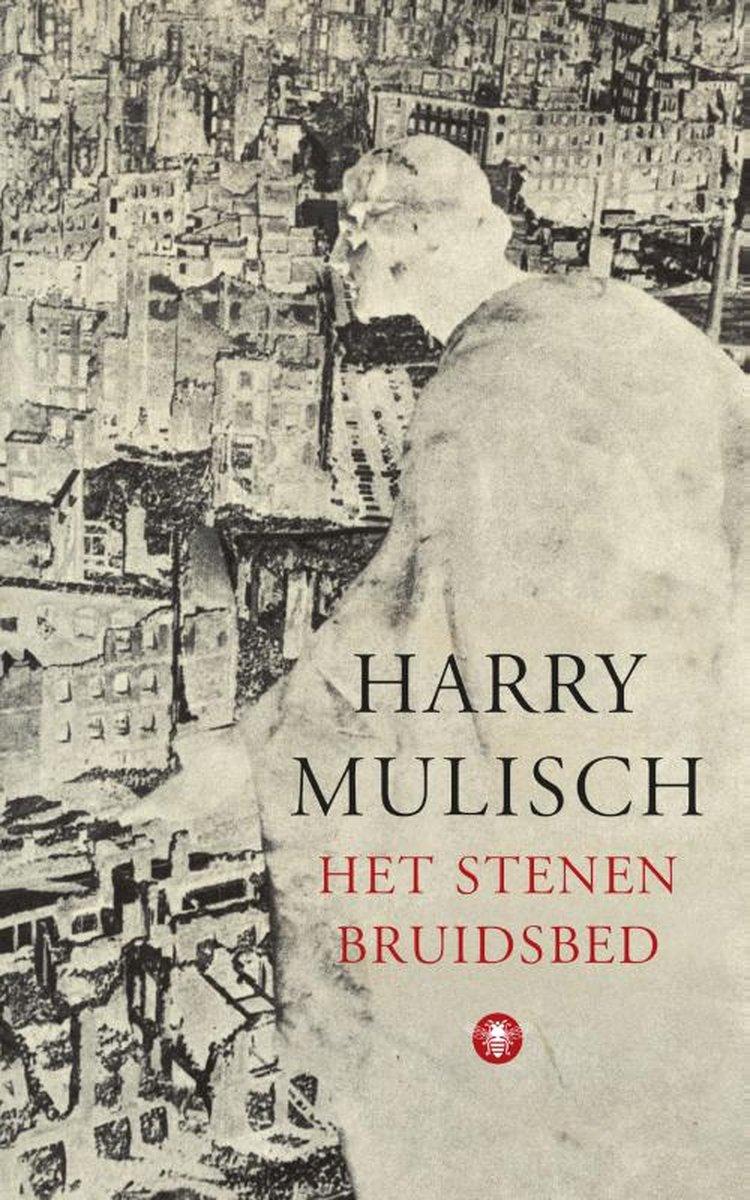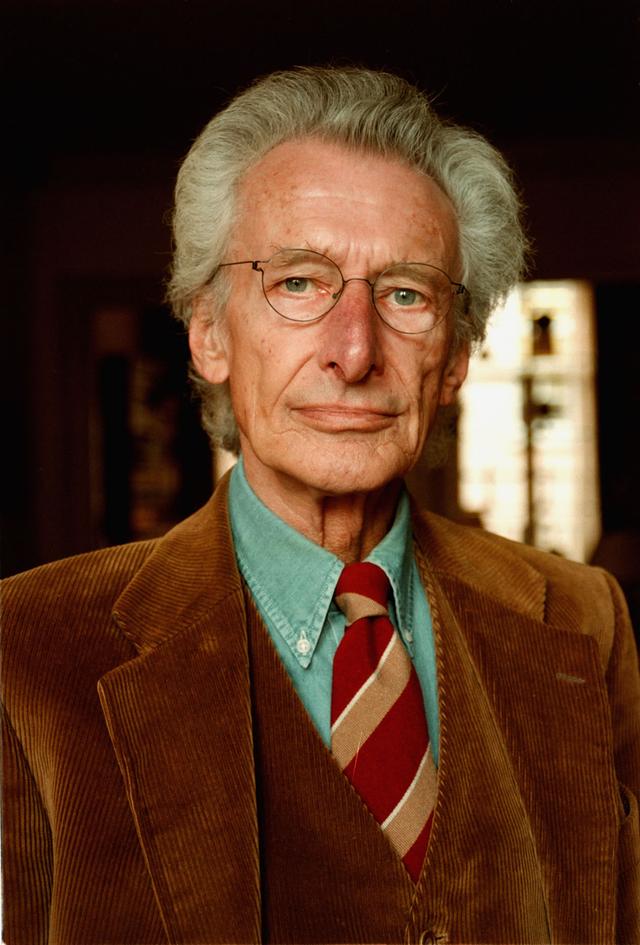The Stone Bridal Bed
Harry Mulisch is a philosophical author who does not shun the great issues of life. This is evident in his magnum opus 'De ontdekking van de hemel' (The Discovery of Heaven, 1992), which centres on the ungodliness of the world due to progressive technology, and the disastrous consequences for humanity. Although his basic premise is pessimistic, Mulisch offers a way out: for those who perceive the world as essentially in harmony, and who prefer the freedom of art to the yoke of technology, there is still hope.

The Second World War has strongly informed Mulisch’s thinking, and his writing. We need only think of the Eichmann trial in De zaak 40/61 (Criminal Case 40/61, 1962), the German occupation in The Assault (1985) and, more recently, the figure of Hitler’s son in Siegfried (2003). The War is ever-present.
The Stone Bridal Bed is no exception. In this impressive novel, the war takes the form of a classic tragedy, complete with Homeric songs chronicling the epic struggle.
Thirteen years after the war Norman Corinth, a dentist from Baltimore, revisits the German city of Dresden, destroyed by a firestorm triggered by Allied bombing. Corinth had taken part in that bombing as an aerial gunner and didn’t come through unscathed; his face bears traces of the burns he suffered when his plane was shot down, injuries which Russian doctors lacked the resources to treat properly.
A curious, wry and thoughtful novel. (…) Mulisch is a fine writer. A beautifully done book, evidence that the future for the novel of ideas is both considerable and unlike its past.
Hudson Review
Mulisch ingeniously links the taking of the city with the taking of a woman – Hella – with whom Corinth has a brief affair. She is the embodiment of the Helen whose abduction led to the Trojan War and who, like Troy, is destroyed and abandoned. Lust and the desire for conquest lead Corinth to the bridal bed, which – once the fire of passion has cooled – turns into a stone-cold tomb.
The Press on Siegfried: Few if any other living novelists could make such potentially intractable material so thrillingly dynamic and provocative. One of the world’s great writers continues his steady march toward a Nobel Prize.
Kirkus Review
